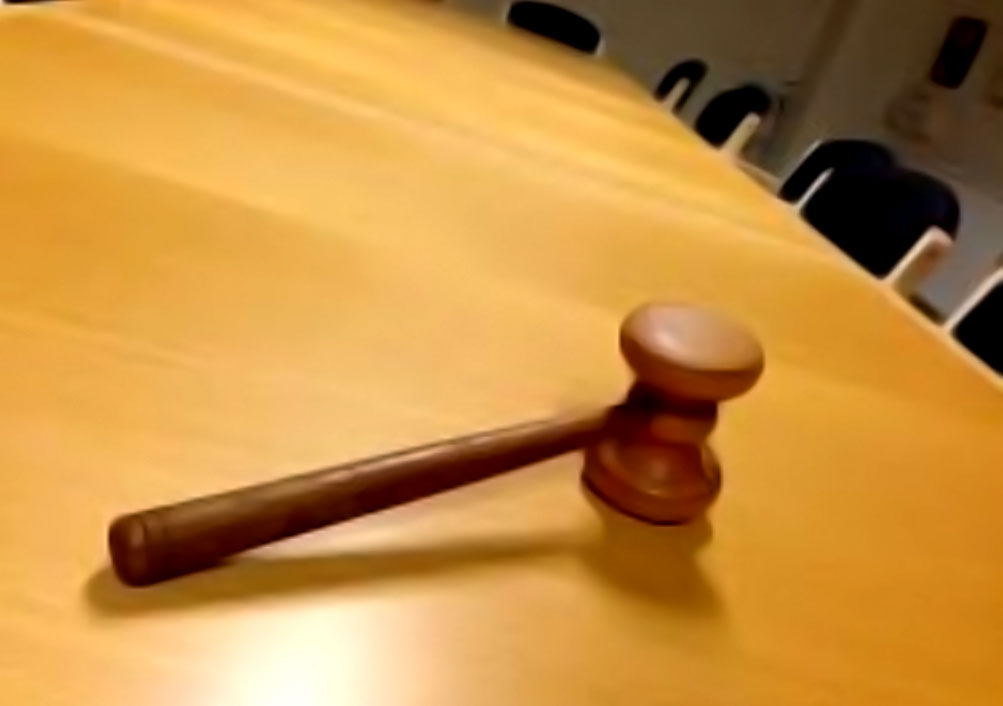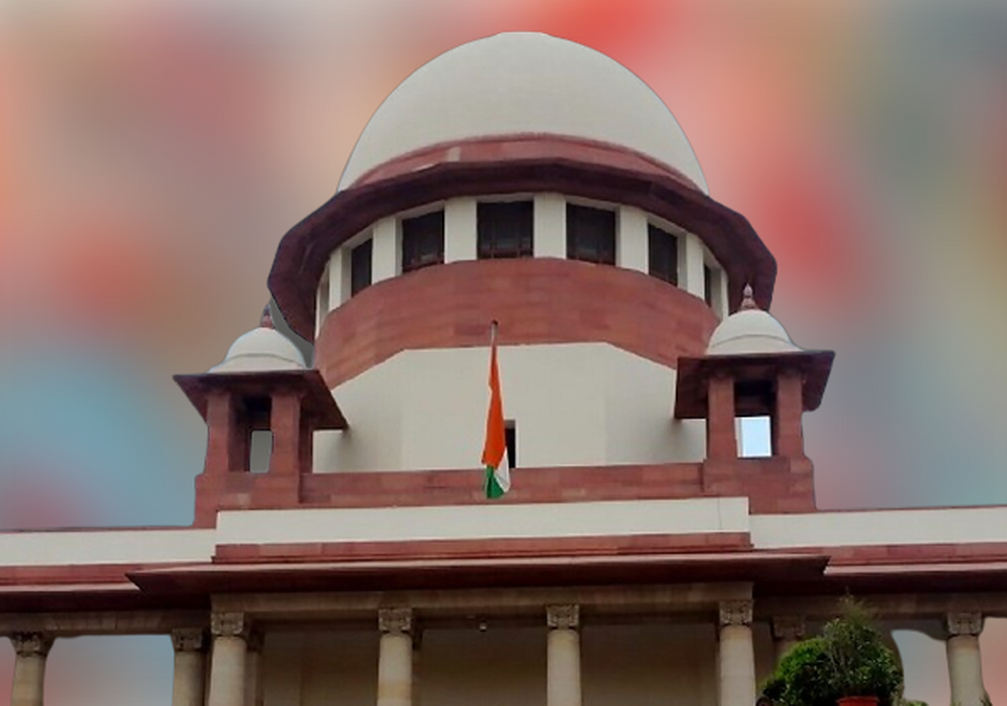Converting finding of acquittal into one of conviction by High Court while exercising revisional jurisdiction u/s 401 CrPC is beyond scope & ambit of such provision: SC

Read Judgment: Joseph Stephen & Others V. Santhanasamy & Others
Pankaj Bajpai
New Delhi, January 27, 2022: The Supreme Court has held that Section 401(3) of CrPC prohibits the High Court to convert a finding of acquittal into one of conviction, and therefore, the order of conviction by the High Court, while exercising the revisional jurisdiction u/s 401 CrPC is beyond the scope & ambit of such provision.
A Division Bench of Justice M.R Shah and Justice Sanjiv Khanna observed that where the victim has not preferred the remedy of appeal against the order of acquittal as provided u/s 372 CrPC, then revision application against the order of acquittal at the instance of the victim shall not be entertained and he shall be relegated to prefer the appeal as provided u/s 372 or Section 378(4).
Going by the background of the case, Joseph Stephen & Others (all appellants – original accused) were charged and tried for the offences punishable u/s 147, 148, 324, 326, 307, 506(ii) r/w/s 149 IPC and the Chief Judicial Magistrate (CJM) convicted them under the said offences except Sections 307 and 506(ii) IPC and thereby acquitted the accused u/s 307 and 506(ii) IPC. On appeal the Additional Sessions Judge acquitted the accused and dismissed the criminal appeals filed by Santhanasamy & Others (victims – private respondent) against acquittal of the accused u/s 307 and 506(ii) IPC.
On criminal revision application, the High Court while exercising the revisional jurisdiction u/s 401 CrPC, set aside the order acquitting the accused, and consequently convicted the accused for the offences other than the offences u/s 307 & 506(ii) IPC and restored the order of conviction and sentence passed by the trial Court. The High Court however modified the sentences imposed by the trial Court. Hence, present appeal.
After considering the submissions, the Top Court observed that in the present case, the High Court has erred in quashing and setting aside the order of acquittal and reversing and/or converting a finding of acquittal into one of conviction and consequently convicted the accused, while exercising the powers u/s 401 Cr.P.C.
After the amendment in Section 372 CrPC after 2009 and insertion of proviso to Section 372 CrPC, a victim has a statutory right of appeal against the order of acquittal, and therefore, no revision shall be entertained at the instance of the victim against the order of acquittal in a case where no appeal is preferred and the victim is to be relegated to file an appeal, added the Court.
“Where under the Cr.P.C. an appeal lies, but an application for revision has been made to the High Court by any person, the High Court has jurisdiction to treat the application for revision as a petition of appeal and deal with the same accordingly as per sub-section (5) of Section 401 Cr.P.C., however, subject to the High Court being satisfied that such an application was made under the erroneous belief that no appeal lies thereto and that it is necessary in the interests of justice so to do and for that purpose the High Court has to pass a judicial order”, observed the Top Court.
Therefore, noting that victims are having the statutory right of appeal as per proviso to Section 372 Cr.P.C., the Apex Court remitted the matter and directed the High Court to treat the revision applications as appeals u/s Cr.P.C. and thereafter to decide and dispose of the same in accordance with law on their own merits.
Sign up for our weekly newsletter to stay up to date on our product, events featured blog, special offer and all of the exciting things that take place here at Legitquest.




Add a Comment